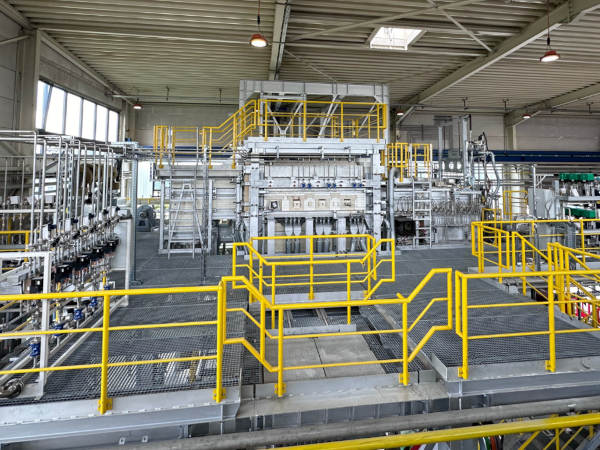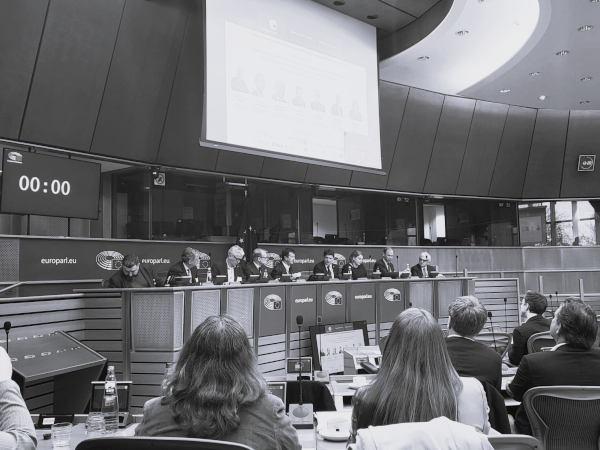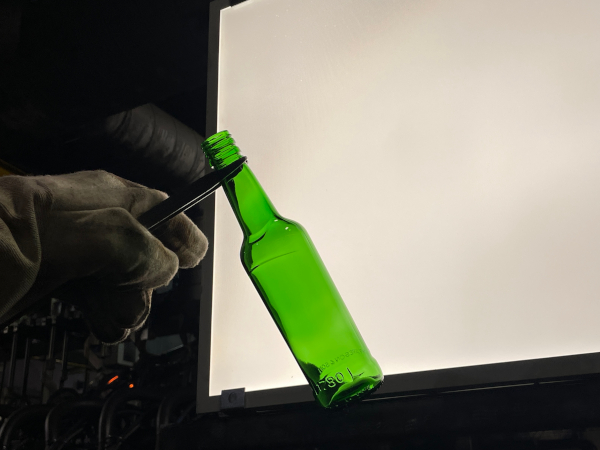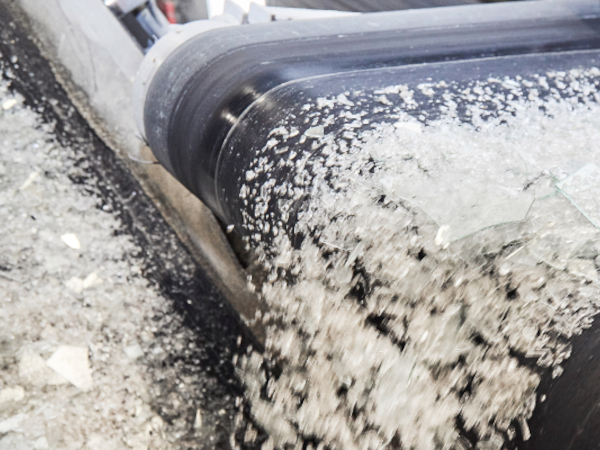Date: 10 April 2015
Fibre glass is integral to wind turbines and light weight vehicle parts which reduce fuel usage. Glass bottles and jars preserve food for longer, reducing waste. Windows are now so energy efficient that when installed in a building, they will save more energy in less than a year than was required to manufacture the glass. Which are some of the reasons why British Glass welcomes the publication of the Glass Decarbonisation and Energy Efficiency Roadmap to 2050 launched by the UK government in March 2015.
This ground breaking collaborative study is a positive first step towards identifying ways to reduce the environmental impact of UK industries without compromising economic competitiveness. A lot of work is required to make this approach a reality, and we look forward to continuing to work with government and other stakeholders to build the path ahead.
>Collaboration
A number of stakeholders worked together in 2014 and 2015 to help produce this government commissioned roadmap - the Department of Business, Innovation and Skills (BIS), the Department of Energy and Climate Change (DECC), their consultants (Parsons Brinckerhoff and DNV GL), British Glass (trade association), glass manufacturing companies, the supply chain, academics and others. British Glass and their members have supported this process in many ways including providing data, technical expertise and practical advice.
Involving all the key stakeholders has been a very successful move. The high level of engagement has directly resulted in the development of a more balanced view of the situation, and more practical insights and recommendations being identified for government. For the glass sector, it has created greater levels of understanding and interest, it has enabled glass companies to bring their significant expertise into this study, and it has allowed them to be involved in shaping their own future.
>Key Options
Key options identified for glass to achieve this include:
- Currently Available Technologies, e.g. waste heat recovery, generating renewable energy on site;
- Technologies which require research, development and demonstration, e.g. batch pelletisation, new furnace designs;
- Options which require significant collaboration with stakeholders outside the glass sector, e.g. using more recycled glass, substituting natural gas with biogas.
Challenges
The study identifies that there are significant barriers to implementing these measures:
- Lack of financial viability: Decarbonisation is extremely expensive and there is little customer demand for low carbon products. Any company which attempts to implement many of these options is likely to become bankrupt in months. This is because the large costs of equipment etc cannot be passed onto customers as customers are not willing to pay extra for low carbon glass products. Mass manufactured glass does not carry large profit margins, but does operate in a global market. If UK glass companies face additional costs, then they will be less able to compete on price with foreign made goods, and this increases the risk that they will simply move abroad or close permanently.
- Small sphere of control: Options such as using more recycled glass are not fully within the control of the glass sector. Many other players including recycling companies, government and the general public must be persuaded to change their behaviour and recycle more glass in the UK so that it is available for glass makers to use.
- Technical challenges: The report shows that to achieve high levels of CO2 reduction, existing technologies must be further developed, and new step change technologies need to be invented. This can only happen if large efforts and funds are expended on research, development and demonstration.
Valli Murthy, Environmental Policy Advisor stated:
As with all studies, there are limitations. When reading the report, we must bear in mind that factories have been considered in isolation to the world in which they operate. E.g. the significant amount of emissions saved by glass products such as energy efficient windows, or wind turbines, are mentioned, but not included in the modelling. Except for the ‘business as usual’ pathway, it has been assumed that it is theoretically possible to implement all the options – in reality, the amount of space available on site, technical issues, market requirements and financial viability will decide what is possible. The modelled emissions reductions depend heavily on significant decarbonisation of the UK electricity grid; without this, some options, like electric melting, would actually increase emissions. Costs are always difficult to estimate reliably, especially as some of the technologies have not even been invented -this area needs further work before it can be used by government to inform policy decisions.
Next Steps
It appears that there is a fork in the road ahead for the UK government and its industry. With one path being punitive and leading to increasingly unsustainable costs for UK manufacturers. If this path is chosen, it is likely that smaller sites will close permanently, and larger manufacturing companies will continue their exodus out of the UK. Not only is this bad for the UK economy and UK jobs, sadly, it is also worse for the environment because the demand for glass products will be met by importing from longer distances and from factories in other countries potentially not operating to the high environmental standards used in the UK.
The other path is brighter - a balanced and supportive approach is adopted where industry, government and others work together to find solutions which will both improve the environment and also make economic sense. Using more recycled glass is a good example of this because it reduces energy costs for glass makers while also reducing CO2 emissions.
Environmental Policy Advisor, Valli Murthy, highlights:
Decarbonisation is important, and it has to be implemented in a sustainable way. If well intentioned environmental protection sentiments are implemented unwisely e.g. by forcing unsustainable costs onto industry, then they will do more harm than good. A win-win path must be the answer
For further information about the British Glass position on the government roadmap, details of the industry decarbonisation roadmap or further information about glass, energy and the environment, please contact British Glass, telephone +44 (0) 114 290 1850.
Image Credit: vovan/shutterstock.com








Add new comment